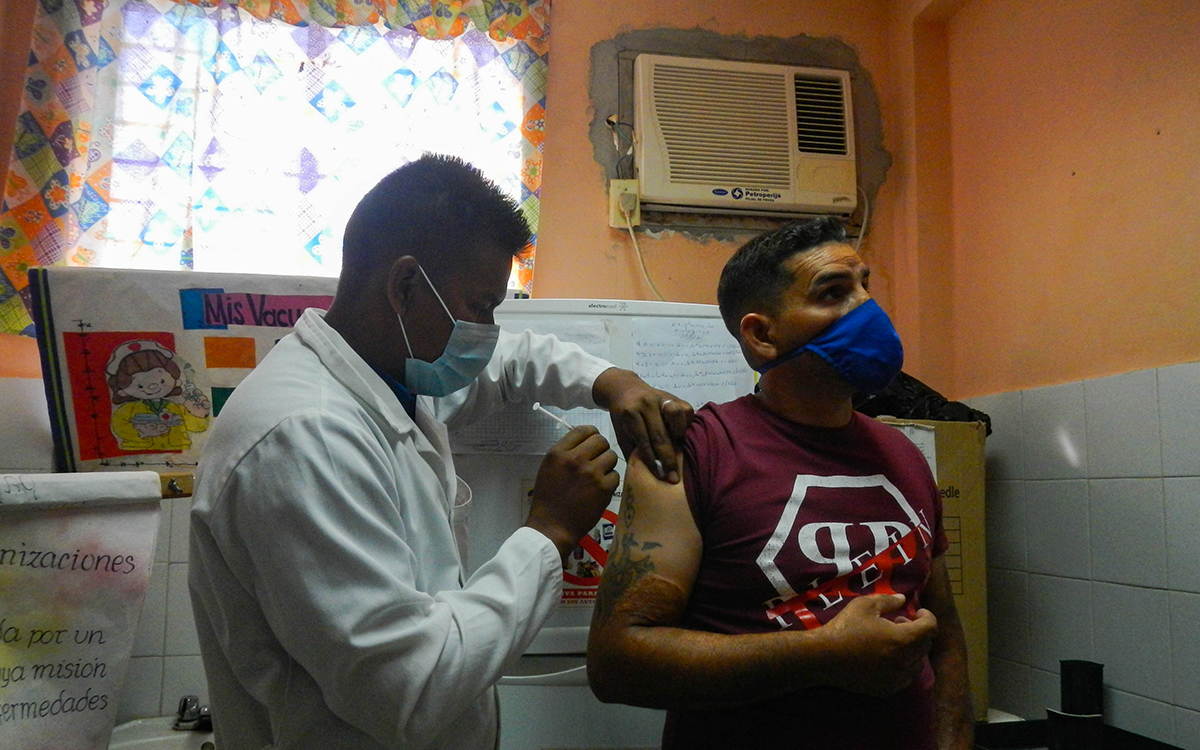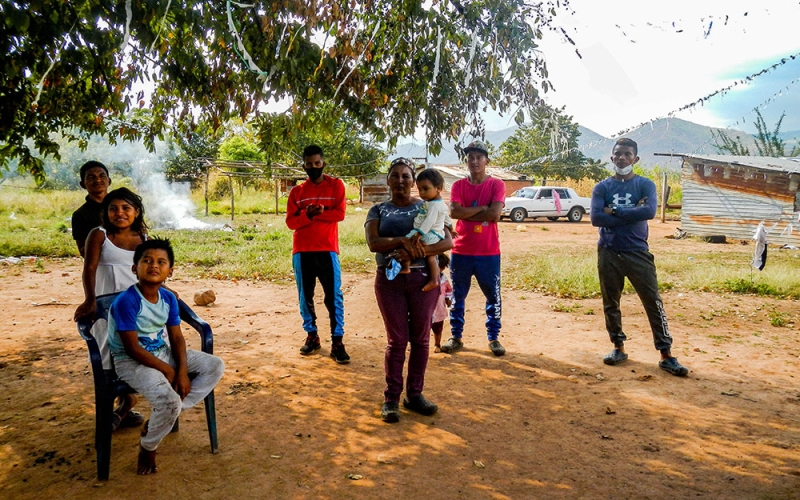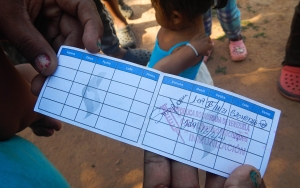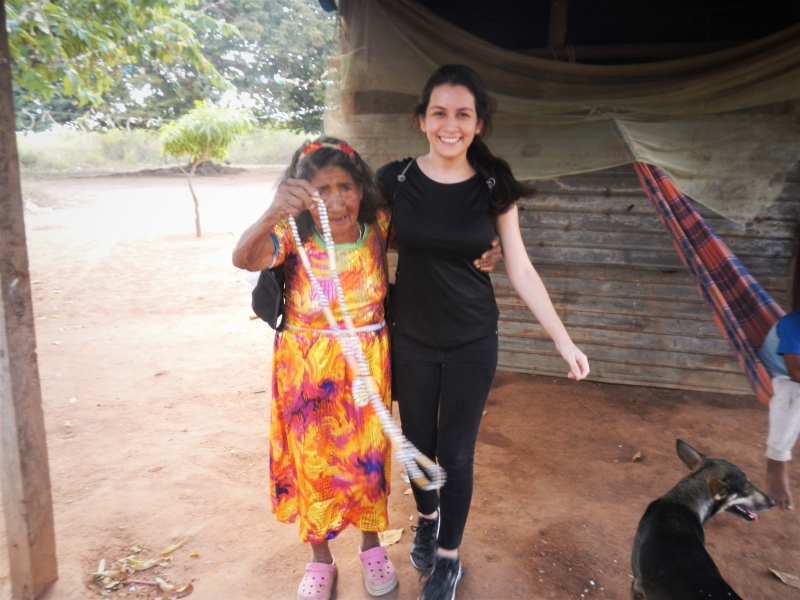Vaccines: a course, a journey, and an enriching experience

I had just begun writing on health topics four months before the world began reporting on the first cases of COVID-19. At first, I had to learn on my own: I entered a new world full of scientific articles, glossaries, and an avalanche of news and uncertainty. Without knowing very well how to prepare myself, I enrolled in myriad free courses, forums, or talks about the new coronavirus.
Several months into the pandemic, COVID-19 vaccines were approved. With them came discussions about prioritization and equity in their purchase and distribution, but also misinformation, conspiracy theories, and demand challenges.
2021 was the first year of mass vaccination against COVID-19. When in July of that year I saw the call for applications for the first iteration of the Global Health Reporting Initiative: Vaccines and Immunization in Latin America and the Caribbean, I did not hesitate to apply.
Connecting with journalists sharing similar interests to mine and with specialists from all over the region seemed like a great opportunity to continue learning — less so in a self-taught way — in the midst of an ongoing pandemic. And so it was: participating in the project has been one of the best decisions I have ever made.
This program taught me the importance of scientific information and the need to make it digestible and interesting for people, always being honest about what we know and don’t know. I learned about the history of vaccines and how vaccination has become one of the most life-saving public health measures in the world.
I also learned about patents, vaccine surveillance and safety, geopolitics, and even the lessons for us journalists from the techniques used by those opposed to vaccination to reach communities — except we reach out to people with accurate and precise information.

Vaccination in Indigenous communities
While the program moved forward in parallel to the immunization campaigns, I kept wondering what vaccination would be like in the most remote areas of Venezuela, a country that has seen significant declines in its vaccination coverage in recent years. What would be happening in those places populated by Indigenous people and that were also in border areas?
The initiative allowed me to get closer to answering that question by providing me with training, support, and resources.
I put together a proposal to cover the issue, prepared a budget and between January and February 2022 I did fieldwork in the municipality of Machiques de Perijá in Zulia state, on the border with Colombia, to investigate the vaccination rollout among the Yukpa people, the 10th largest Indigenous people in Venezuela. It was the first time in my journalistic career that I was able to travel within my country to work on this type of report, something relevant for me.
The trip was demanding but enriching. I visited three communities and for four days in a row, I met and interviewed numerous Yukpa and their leaders. I walked, traveled by motorcycle, listened to their concerns, and even participated in a dance! I learned about their cosmovision and discovered everything they had to overcome in order to get vaccinated: deteriorated roads, problems accessing transportation and fuel, lack of culturally adapted information, misinformation, weakened health systems, and infrastructure failures.
The program allowed me to expand my knowledge about vaccines and gave me the opportunity to reach an area I would not otherwise have been able to access. I was able to walk the communities with their own dwellers. I was able to hear from them their concerns, requests, and proposals and, thanks to that, I was able to reconstruct how vaccination has developed and thus obtain at least a small snapshot of their reality during this pandemic.

Although Indigenous people should be prioritized in public health interventions, vaccines arrived up to 10 months after the national campaign began in other regions. In some sectors, vaccination only happened once, and nobody returned after that. In other villages vaccines never arrived. There were also people who were afraid because of myths they had heard about COVID-19 vaccines, while others relied exclusively on their ancestral medicine to face the disease.
This experience taught me the importance of going beyond; of remembering that there are still things to be done to save lives, especially among those communities that have been forgotten over time. I also learned even more about the importance of representation, of telling human stories with a local and global focus, of amplifying the voices of our Indigenous people, and of sending messages that do not always have a space in the media.

Mariana Souquett is a journalist based in Caracas, Venezuela, currently writing about health and humanitarian issues for independent journal Efecto Cocuyo. She is a 2021-2022 Global Health Reporting Initiative fellow, a program led by International Women’s Media Foundation with support from Sabin Vaccine Institute aimed at boosting reporting capacity on immunization and vaccines. Learn more about the Global Health Reporting Initiative here.




